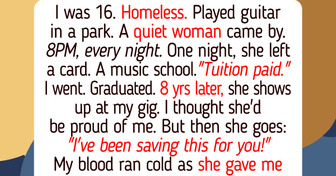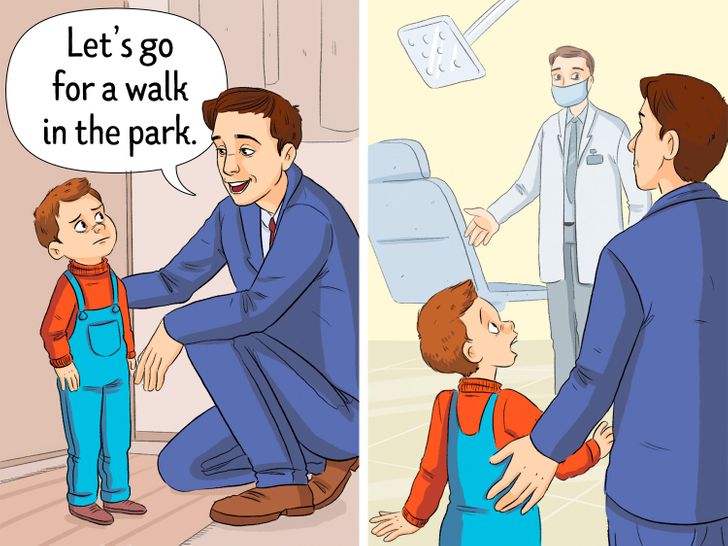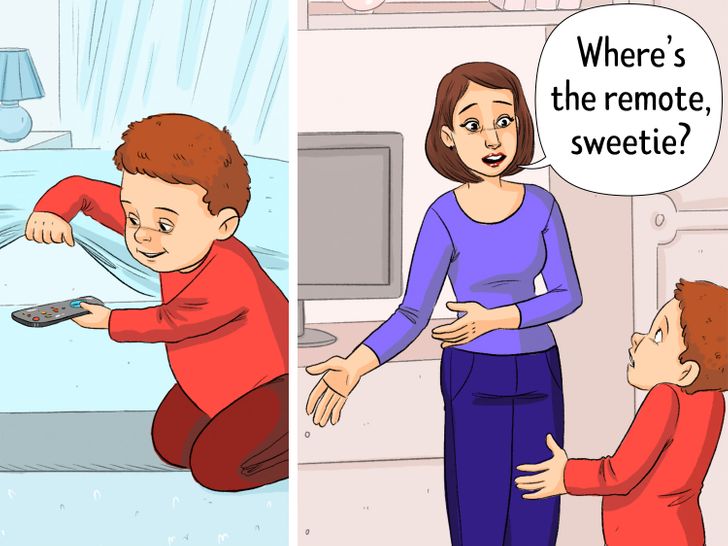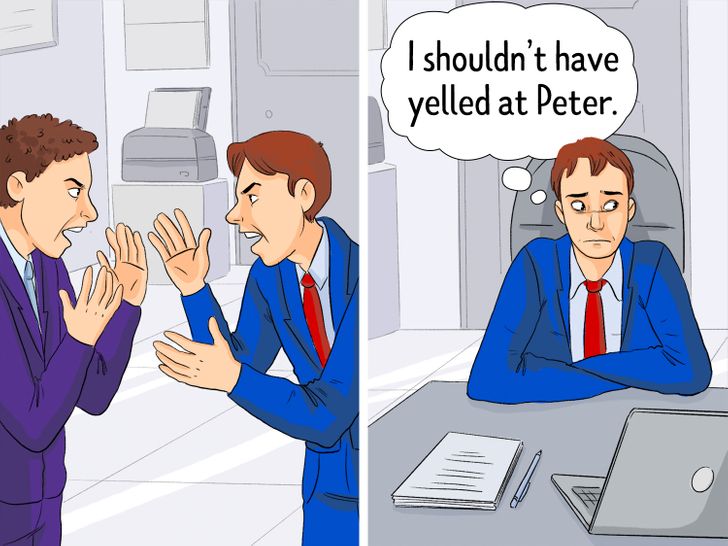Boy want us to get strong because, he is sick.
Science Explains How Little White Lies Can Harm Our Kids
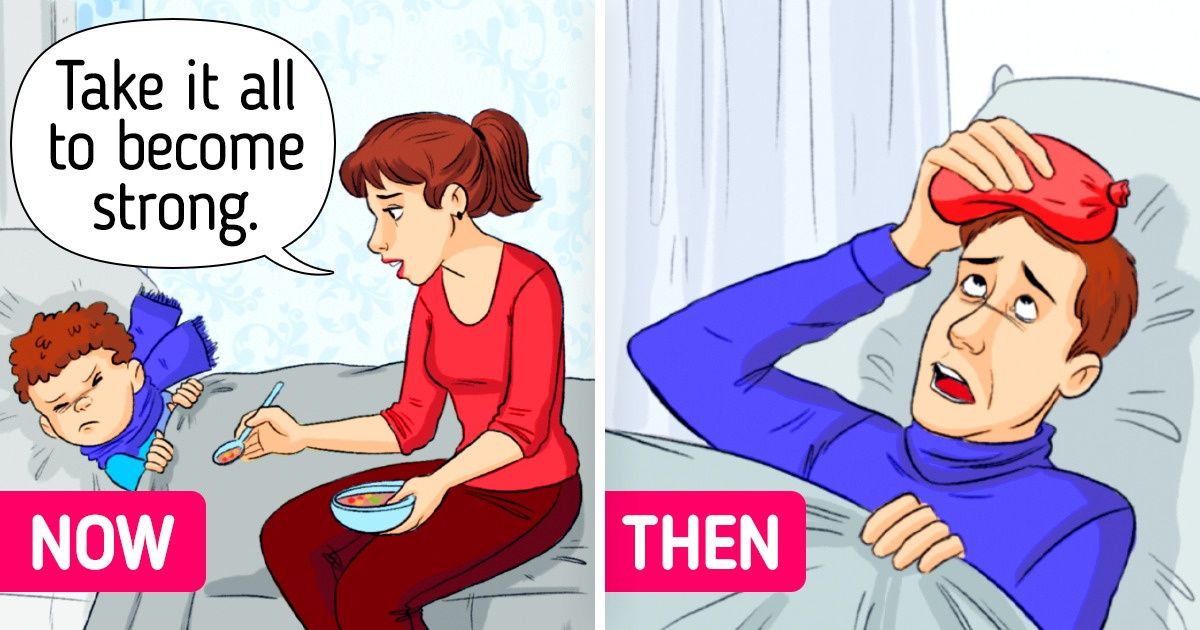
Lying to your kids when they’re young can not only create problems for the future but also affect them in the present. If your children realize they’re being lied to, like for example, when they’re told they’re going out to the park, but instead they end up at the doctor’s office, they might develop trust issues.
We at Bright Side understand that lying is wrong, and want to show you how kids can be affected by this.
Lying can give your kids anxiety.
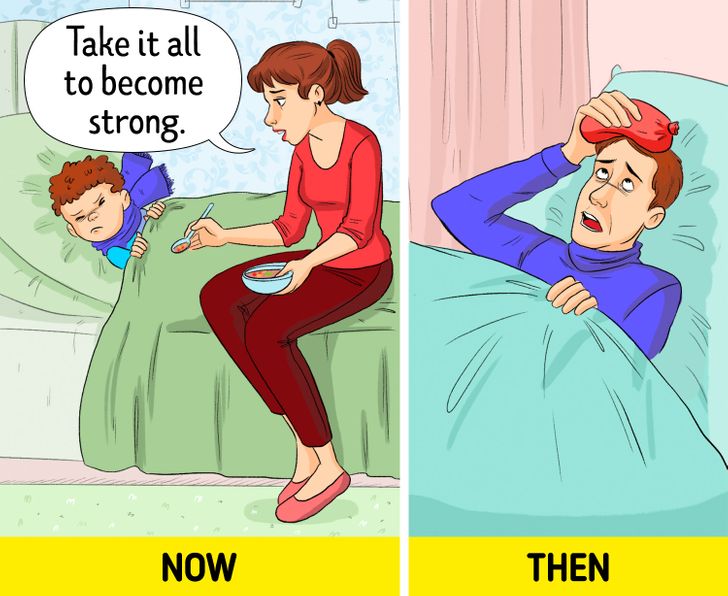
Studies have shown that anxiety and lying go hand in hand when parents lie to their kids. This happens for a lot of reasons. Parents might want their child to obey to them, or maybe they’ll lie about going somewhere. This might have even happened with you: your parents took you to the dentist instead of the park, like they promised. It might’ve stung, but they had your best interests in mind.
As an adult, you can use logic and understand why they lied, but as a kid, it’s something that sticks with you for the next time they say they’re taking you to the park.
The relationship with your child might be affected.
The attachment kids have to their parents often gets weaker because of the lies. Their relationship won’t be as good after an “innocent” white lie. When we’re young, we tend to believe things adults say to us without giving it much thought.
Even if it was something as ridiculous as “if you watch too much tv, you will get square-eyes,” we would still believe it. Still, when we realize that’s not true, we’re left feeling disappointed and we develop trust issues.
Kids who’ve been lied to are more likely to lie when they get older.
A lot of what our parents do will shape who we are as grown-ups. Lying included. Kids who’ve been lied to are more likely to hide the truth from their parents and maybe even peers when they get older. Even if parents are only a little dishonest, it still affects the future of the kid.
Instead of lying, parents should try and reason with their children. Explain why they can’t go play today and that they have errands to run, instead, they can play tomorrow. Kids more often than not, understand that. Honesty and truth pay off, and in the future, when they are troubled with something, it’s likely that they will feel confident enough to bring their problems to their parents.
They will have a hard time adjusting as adults.
Lying is often the easy way out. It’s just too hard to explain the truth sometimes, and a white lie does the trick. It’s not that simple though. Kids often feel the impacts of these lies when they’re grown up and have to face some psychological and social challenges. When they have to re-adjust themselves, they usually feel shame and guilt.
Their character might also be affected. They can turn out to be manipulative and selfish people. Acknowledging kids’ feelings, offering choices, and solving your problems together, usually draws out kids’ good behavior.
What are some tips and tricks you might use instead of telling your kid a white lie? Share them with us in the comments!
Comments
Ouch, I mean the kids the parent's lied to did seem suspicious.
OK kids, let us go to the playground for that.
Liar!!
You got a liar for a long nose!!
Your nose are too long, that is pinnocchio!
Related Reads
I Canceled My Sister’s Free Childcare—Her Cruel Words Cost Her My Support
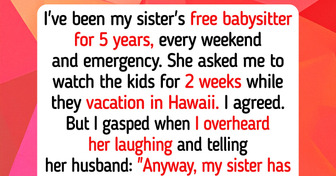
I Refused to Babysit Under My DIL’s Rules—I’m Not “Learning” How to Be a Mom
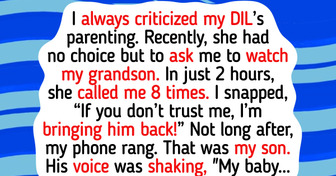
My Mom Forgot About Me Until She Needed My Help—I Turned the Tables on Her
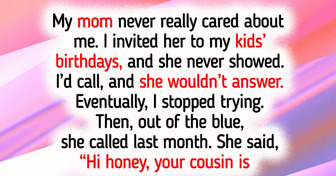
I Refuse to Let My Stepson Disrespect Me, His Arrogance Cost Him Big
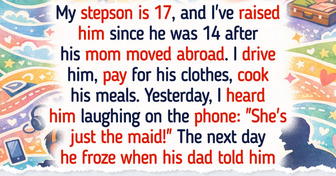
16 Real-Life Moments That Prove Kindness Is a Quiet Strength
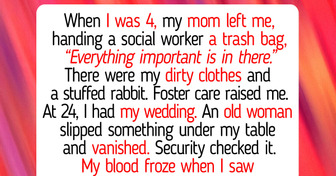
10 Christmas Gifts That Missed the Mark So Badly They Became Legendary

16 Families Whose Everyday Life Is Basically a Sitcom
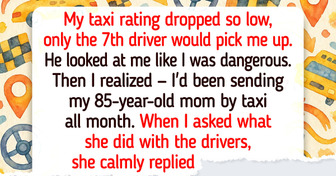
I Refuse to Sacrifice My Retirement to Help My Unemployed Son, I’m Not His ATM
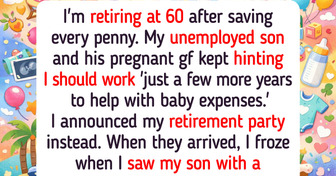
18 Stories Where Kindness Made It Human Again
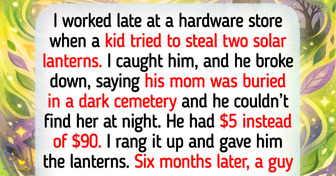
I Refuse to Give My Retirement Savings to My Adult Son—I’m Not Responsible for His Failures
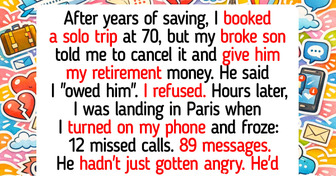
15 Stories That Prove Some People Live in a World With Totally Different Logic
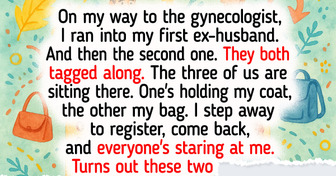
11 Stories That Prove Compassion Is the Silent Power That Never Fades
